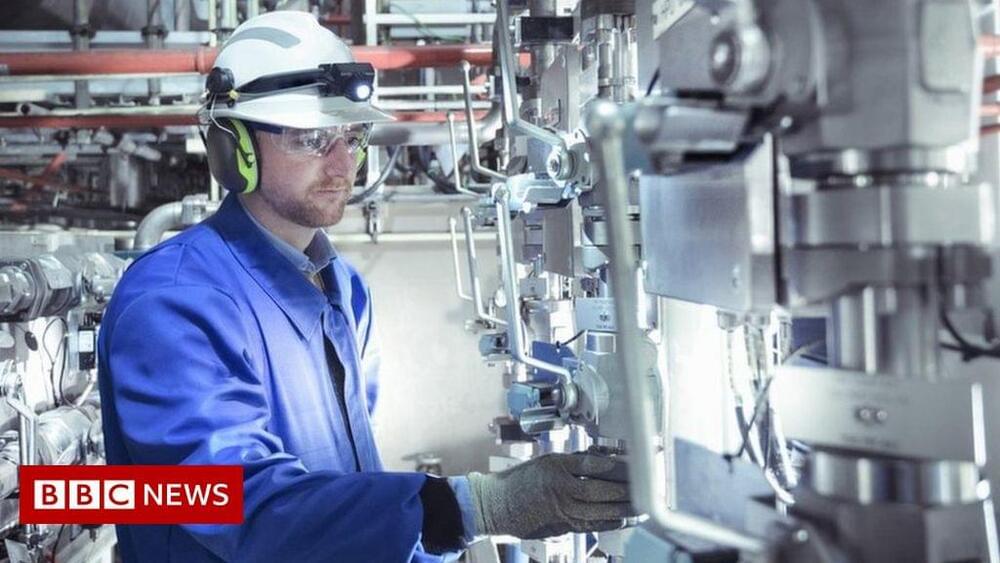Today, ZTE Mobile announced that it will release the ZTE Axon 30 Ultra aerospace version on November 25. The smartphone will be endorsed by Liu Haocun, the heroine of Zhang Yimou’s movie “One Second”. The main highlight of this smartphone is that it is the world’s first smartphone with 18GB RAM. However, this memory capacity can get to over 20GB RAM. Furthermore, this device will also come with 1TB of internal storage. This is currently the flagship smartphone with the largest memory and storage capacity in the industry.
And just as private space travel is now materializing, many industry observers are forecasting that the same business model will give rise to commercial fusion — desperately needed to decarbonize the energy economy — within a decade. “There’s a very good shot to get there within less than ten years,” says Michl Binderbauer, chief executive of TAE Technologies. In the FIA report, a majority of respondents thought that fusion would power an electrical grid somewhere in the world in the 2030s.
An emerging industry of nuclear-fusion firms promises to have commercial reactors ready in the next decade.
Telegraphs and computers helped scientists reimagine the mind, writes Matthew Cobb in The Idea of the Brain.
The chipmaker’s come-from-behind strategy is risky and will take years, even with government subsidies.
Musk gave a new date for Starship’s first orbital flight. He’d previously predicted it would launch in July, then November.
Freedom of Information Act requests are rarely speedy, but when a group of scientists asked the federal government to share the data it relied upon in licensing Pfizer’s COVID-19 vaccine, the response went beyond typical bureaucratic foot-dragging.
55 years and longer.
That’s how long the Food & Drug Administration in court papers this week proposes it should be given to review and release the trove of vaccine-related documents responsive to the request. If a federal judge in Texas agrees, plaintiffs Public Health and Medical Professionals for Transparency can expect to see the full record in 2076.
The creation of the Rolls-Royce Small Modular Reactor (SMR) business was announced following a £195m cash injection from private firms and a £210m grant from the government.
It is hoped the new company could create up to 40,000 jobs by 2050.
However, critics say the focus should be on renewable power, not new nuclear.
Private investors and the UK government will help fund the firm’s development of small nuclear reactors.
The fact that no two are alike could be the key to designing AIs that can adapt to change.
On Wednesday, CEO Elon Musk outlined how the company’s under-development rocket will deliver a “high fly rate” of a dozen launches in 2022. This will enable the ship to deliver actual payloads in 2023 before moving on to more ambitious goals like sending humans to the Moon and Mars.
The comments, made at the joint meeting of the Space Studies Board and the Board on Physics and Astronomy, outline how the stainless steel rocket taking shape in Texas will move from prototype curiosity to working ship.
It’s a project that could enable some of SpaceX’s most significant goals. First outlined in 2017 under the name “BFR,” the Starship is a stainless steel rocket that measures around 400 feet tall when paired with its Super Heavy booster. It’s fully reusable, designed to fly up to three times per day. It’s capable of sending up to 150 tons or 100 people into space at a time.
“Fountain is an example of a biotech company emerging as a direct result of basic research, in this case the biology of aging,” said Dr Rando, founder and chairman of Fountain. “The company’s screening and discovery platform is built upon foundational research showing that the age of a cell can be modulated by factors in the cell’s environment. By identifying compounds that work through these pathways, we seek to restore youthful resilience to cells and tissues, leading to therapies that treat or even prevent chronic diseases of aging.”
Longevity funding: Eli Lilly and R42 Group join the party as Khosla-backed biopharma brings total Series A to $26 million.









